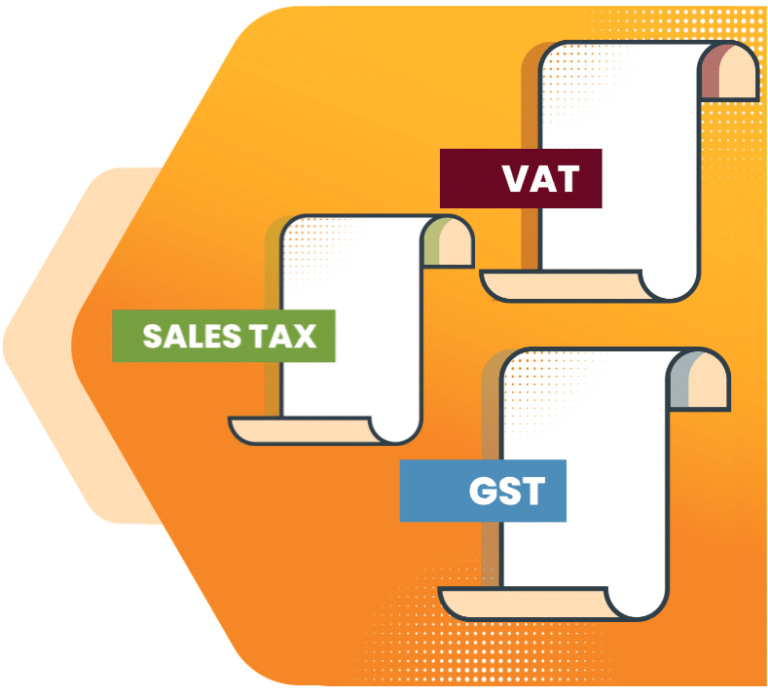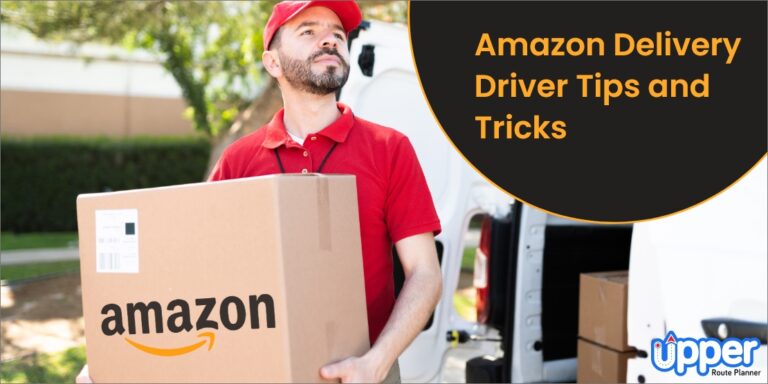DHL vs. FedEx vs. UPS: A Comparison for E-Commerce Businesses
In the fast-paced world of e-commerce, efficient shipping is crucial for success. As an e-commerce business owner, choosing the right shipping provider can significantly impact your operations, customer satisfaction, and ultimately, your bottom line. Among the top players in the logistics industry, DHL, FedEx, and UPS stand out as reliable options. In this comprehensive comparison, we’ll delve into the strengths, weaknesses, and key features of each service to help you make an informed decision for your e-commerce business.
Introduction: The Importance of Choosing the Right Shipping Partner
E-commerce businesses rely heavily on shipping services to deliver products to customers reliably and promptly. Selecting the appropriate shipping provider involves considering various factors such as shipping rates, delivery speed, global reach, tracking capabilities, and customer service. DHL, FedEx, and UPS are renowned worldwide for their shipping services, each offering distinct advantages and features tailored to meet the diverse needs of e-commerce businesses.
1. DHL: Global Reach and Expedited Shipping
DHL is a global leader in logistics with a strong presence in over 220 countries and territories. One of DHL’s primary strengths is its extensive international network, making it an ideal choice for e-commerce businesses targeting global markets. Key features of DHL’s services include:
- Global Coverage: DHL’s expansive network ensures seamless shipping to virtually any destination worldwide, enabling e-commerce businesses to reach customers across borders with ease.
- Express Shipping: DHL Express offers expedited shipping options, allowing businesses to deliver products quickly and efficiently, which is essential for meeting the demands of today’s online consumers.
- Advanced Tracking: DHL provides robust tracking tools that enable both businesses and customers to monitor shipments in real-time, enhancing transparency and peace of mind throughout the shipping process.
- Customs Expertise: With extensive experience in international shipping, DHL offers comprehensive customs support, helping e-commerce businesses navigate complex import and export regulations seamlessly.
2. FedEx: Reliability and Customized Solutions
FedEx is a prominent player in the logistics industry, known for its reliability, innovative solutions, and customer-centric approach. E-commerce businesses considering FedEx can benefit from the following features:
- Reliable Services: FedEx has built a reputation for reliable delivery services, offering various shipping options to meet the diverse needs of e-commerce businesses, from standard ground shipping to expedited overnight delivery.
- Customized Solutions: FedEx provides tailored shipping solutions for businesses of all sizes, including specialized services for industries such as healthcare, manufacturing, and retail, allowing e-commerce merchants to optimize their shipping strategies.
- Advanced Technology: FedEx invests heavily in technology to enhance its shipping capabilities, with features such as FedEx Delivery Manager, which allows customers to customize delivery options to fit their schedules conveniently.
- Environmental Initiatives: FedEx is committed to sustainability and has implemented various eco-friendly initiatives, including investing in alternative fuels and energy-efficient technologies to minimize its environmental impact.
3. UPS: Versatility and Supply Chain Expertise
UPS is a global logistics and supply chain management company offering a wide range of shipping and freight services. E-commerce businesses considering UPS can leverage the following advantages:
- Versatile Shipping Options: UPS offers diverse shipping solutions, including ground, air, and freight services, catering to the unique needs and preferences of e-commerce businesses, whether they’re shipping locally or internationally.
- Supply Chain Solutions: UPS provides end-to-end supply chain solutions, helping e-commerce businesses streamline their operations, optimize inventory management, and improve overall efficiency.
- Advanced Technology: UPS utilizes advanced technology and logistics systems to optimize routing, minimize transit times, and enhance visibility throughout the shipping process, ensuring timely and reliable deliveries.
- Customer Support: UPS prioritizes customer satisfaction and offers responsive customer support channels, including online chat, phone, and email assistance, to address any shipping-related inquiries or concerns promptly.

4. Pricing and Cost-effectiveness
When it comes to pricing, DHL, FedEx, and UPS offer competitive rates tailored to different shipping needs and budgets. Understanding the pricing structure of each carrier is essential for e-commerce businesses to make cost-effective shipping decisions:
- DHL: While DHL may sometimes be perceived as having higher shipping rates compared to its competitors, its pricing is often justified by the speed and reliability of its services, particularly for international shipments. However, DHL frequently offers promotional discounts and volume-based pricing incentives for businesses shipping in bulk, making it a viable option for cost-conscious e-commerce merchants.
- FedEx: FedEx provides transparent pricing with various shipping options to accommodate different budgets and delivery timelines. While FedEx’s rates may vary based on factors such as package weight, dimensions, and destination, businesses can take advantage of FedEx’s shipping calculators and rate comparison tools to estimate shipping costs accurately. Additionally, FedEx offers discounts and savings programs for frequent shippers, helping businesses reduce shipping expenses over time.
- UPS: Similar to FedEx, UPS offers competitive pricing and flexible shipping solutions tailored to the specific needs of e-commerce businesses. UPS’s pricing structure considers factors such as package dimensions, weight, delivery speed, and destination, allowing businesses to choose the most cost-effective shipping option for each shipment. Additionally, UPS provides discounts and incentives for businesses that enroll in its loyalty programs or commit to regular shipping volumes, enabling cost savings in the long run.
By analyzing the pricing and cost-effectiveness of DHL, FedEx, and UPS, e-commerce businesses can make informed decisions based on their shipping budgets, delivery requirements, and overall shipping strategy. While each carrier may have slightly different pricing models and discount offerings, evaluating the total cost of shipping, including any additional fees or surcharges, can help businesses determine the most economical shipping solution for their needs.
5. Customer Satisfaction and Service Quality
In the competitive landscape of e-commerce, providing exceptional customer service and ensuring a positive shipping experience are paramount to building brand loyalty and retaining customers. DHL, FedEx, and UPS prioritize customer satisfaction by offering reliable shipping services and responsive support channels:
- DHL: With a focus on speed, reliability, and transparency, DHL aims to deliver exceptional customer service at every touchpoint. DHL’s customer support team is available to assist businesses and customers with shipping inquiries, tracking updates, and resolution of any shipping-related issues promptly. Additionally, DHL’s online platforms provide intuitive tools and resources for managing shipments, accessing shipping documentation, and optimizing shipping processes efficiently.
- FedEx: FedEx is committed to delivering outstanding customer service through its extensive network of service centers, customer support hotlines, and online resources. Whether businesses require assistance with package tracking, delivery scheduling, or shipping documentation, FedEx’s dedicated customer service team is available to provide timely assistance and personalized solutions. Furthermore, FedEx’s online portal and mobile app offer convenient features such as shipment tracking, rate quotes, and shipment scheduling, enhancing the overall shipping experience for businesses and customers alike.
- UPS: Renowned for its reliability and responsiveness, UPS prioritizes customer satisfaction by offering comprehensive support services and innovative shipping solutions. UPS’s customer service representatives are readily available to address inquiries, resolve issues, and provide guidance on optimizing shipping processes. Additionally, UPS’s online platform and mobile app empower businesses to manage shipments, track packages, and access shipping tools and resources conveniently. With a focus on efficiency and convenience, UPS strives to exceed customer expectations and deliver a seamless shipping experience from start to finish.
By prioritizing customer satisfaction and service quality, e-commerce businesses can differentiate themselves in a competitive market and build lasting relationships with customers. Whether partnering with DHL, FedEx, or UPS, businesses can leverage the strengths of each carrier to provide reliable shipping services, streamline shipping processes, and enhance the overall shopping experience for customers.
Conclusion: Making the Right Choice for Your E-Commerce Business
In conclusion, choosing the right shipping provider is a critical decision for e-commerce businesses, as it directly impacts operational efficiency, customer satisfaction, and overall business success. DHL, FedEx, and UPS offer distinct strengths and features tailored to meet the diverse needs of e-commerce merchants, ranging from global reach and expedited shipping to competitive pricing and exceptional customer service. By evaluating factors such as shipping speed, reliability, pricing, and customer support, businesses can make an informed decision that aligns with their shipping requirements and business objectives.
Whether prioritizing international expansion, cost-effectiveness, or customer satisfaction, e-commerce businesses can leverage the capabilities of DHL, FedEx, or UPS to optimize their shipping strategies and drive growth in an increasingly competitive market. By partnering with a trusted shipping provider that understands their unique needs and challenges, businesses can deliver seamless shipping experiences, build brand loyalty, and achieve sustainable success in the dynamic world of e-commerce.






